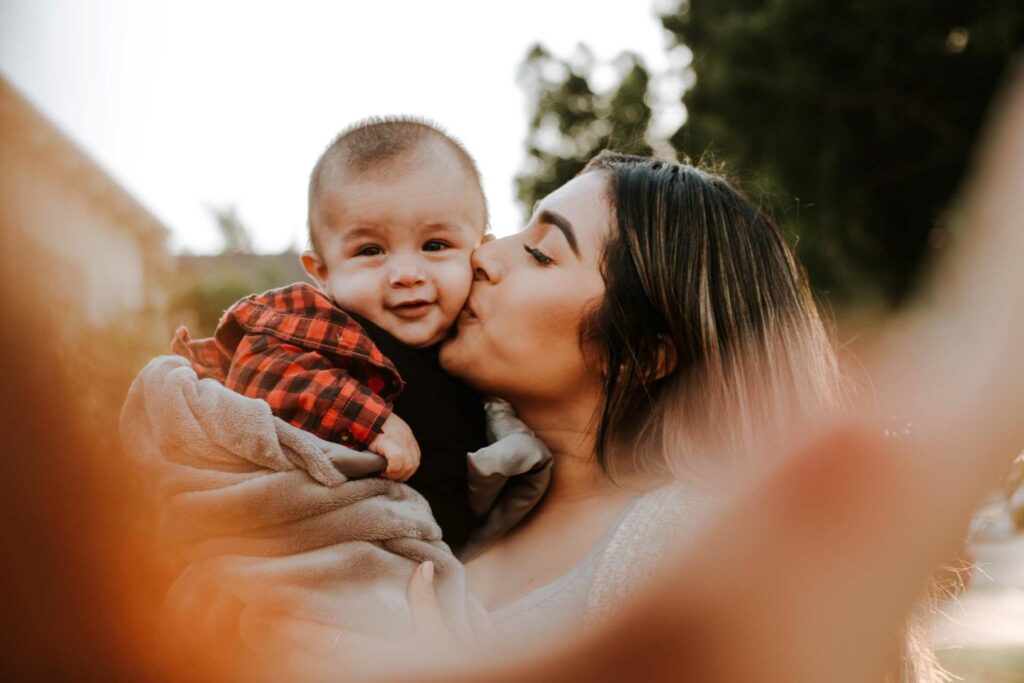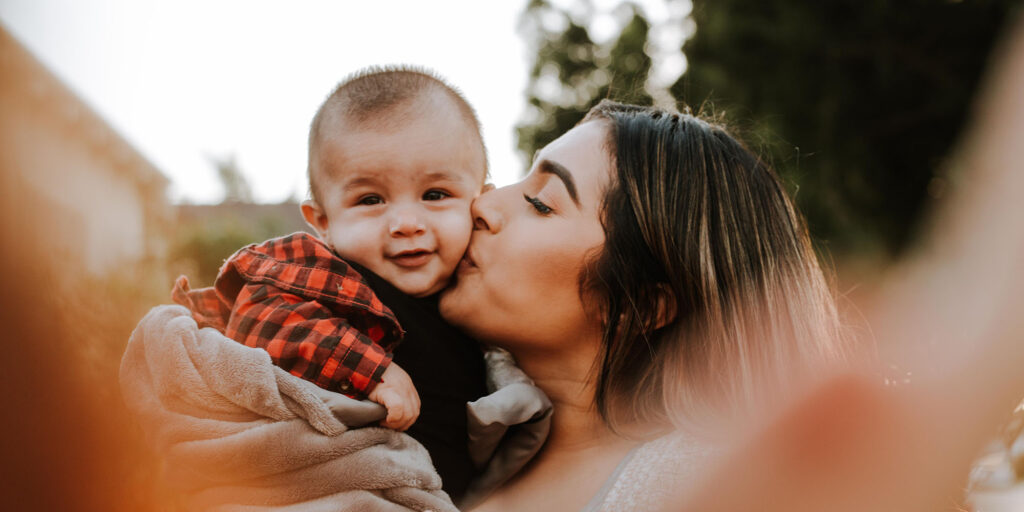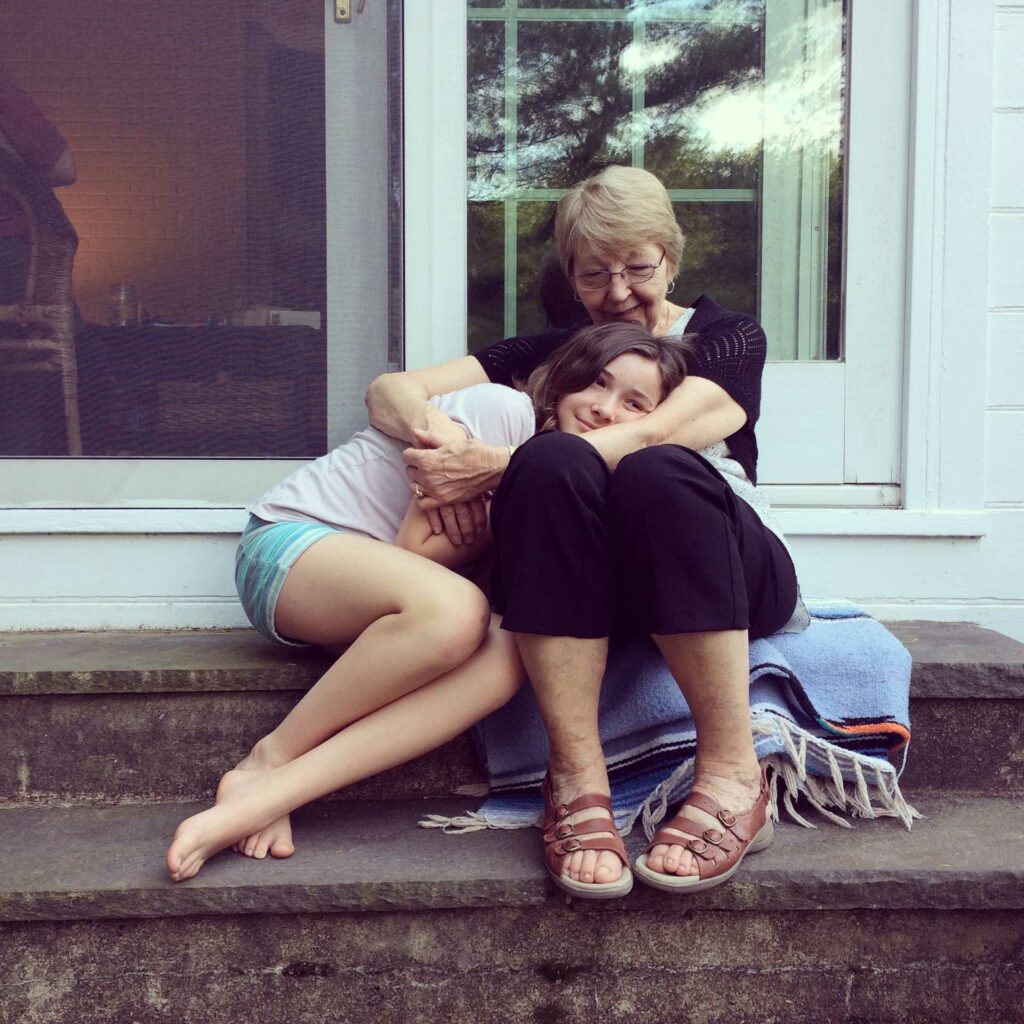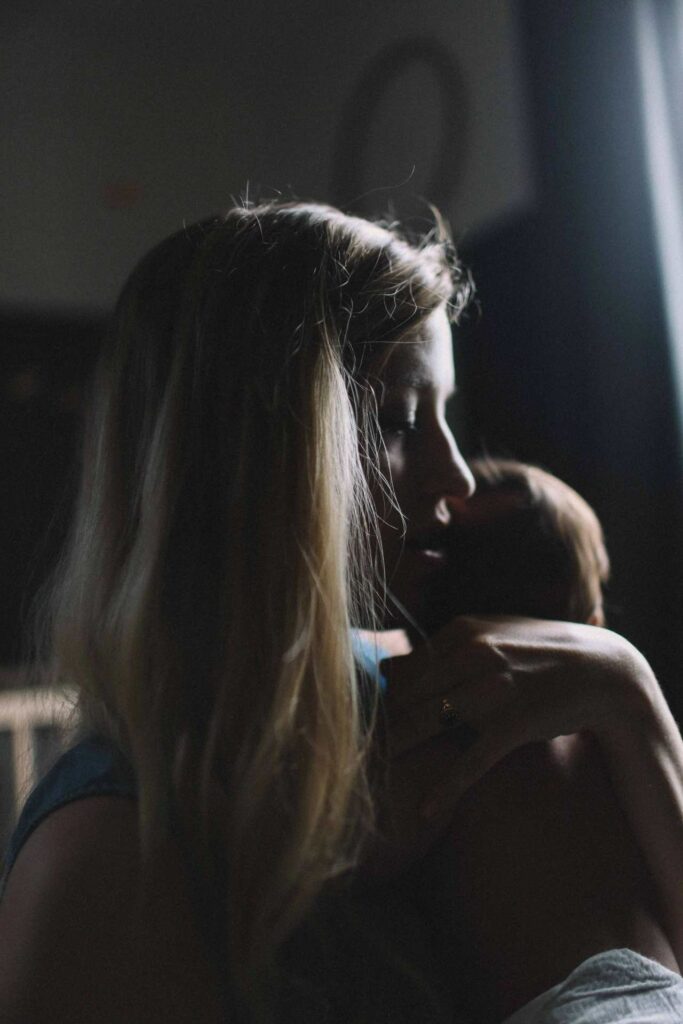This week the Disability Royal Commission is holding a hearing in Brisbane focused on the experiences of First Nations people with disability and their families in contact with child protection systems.
Over recent months we had the opportunity to speak with the Royal Commission legal team about health justice partnerships and the role this collaborative model can play to support better outcomes for Aboriginal and Torres Strait Islander families. This conversation, and our written submission were drafted based on the experiences of practitioners within Aboriginal and Torres Strait Islander-led health justice partnerships, and the perspectives of the National Aboriginal Community Controlled Health Organisation (NACCHO).
As the Royal Commission hearing kicks off today, we offer a summary of the key lessons of these experiences.
- First Nations people with disability and their families in contact with child protection systems face multiple, intersecting problems that result from intersectional and institutional discrimination. A trajectory towards interaction with the child protection system often stems from unrecognised and unsupported disability.
- Existing health, legal and social services working in silos are poorly positioned to identify and respond to the complexity of need. In fact, the service system itself often drives or compounds the experience of disadvantage.
- Community-led solutions where relationships of trust already exist, provide the opportunity for services to work as a team with families to help them navigate these complex systems.
- Health justice partnership highlights the value of wrapping services around people’s complex needs, particularly people who are unlikely to come into contact with other services, while they are accessing a trusted Aboriginal community-controlled service.
Models like health justice partnership provide a pathway for service systems to change how they respond to the multiple and intersecting needs of the people they are here to help. In just a few years, health justice partnerships that are supporting Aboriginal and Torres Strait Islander people to avoid or manage their interactions with the child protection system have demonstrated that there is potential for reducing removals of children from their families and improving health and wellbeing. We hope the Royal Commission points to the need for innovation and collaboration in a service system that currently risks setting people with disability and their families up to fail.






